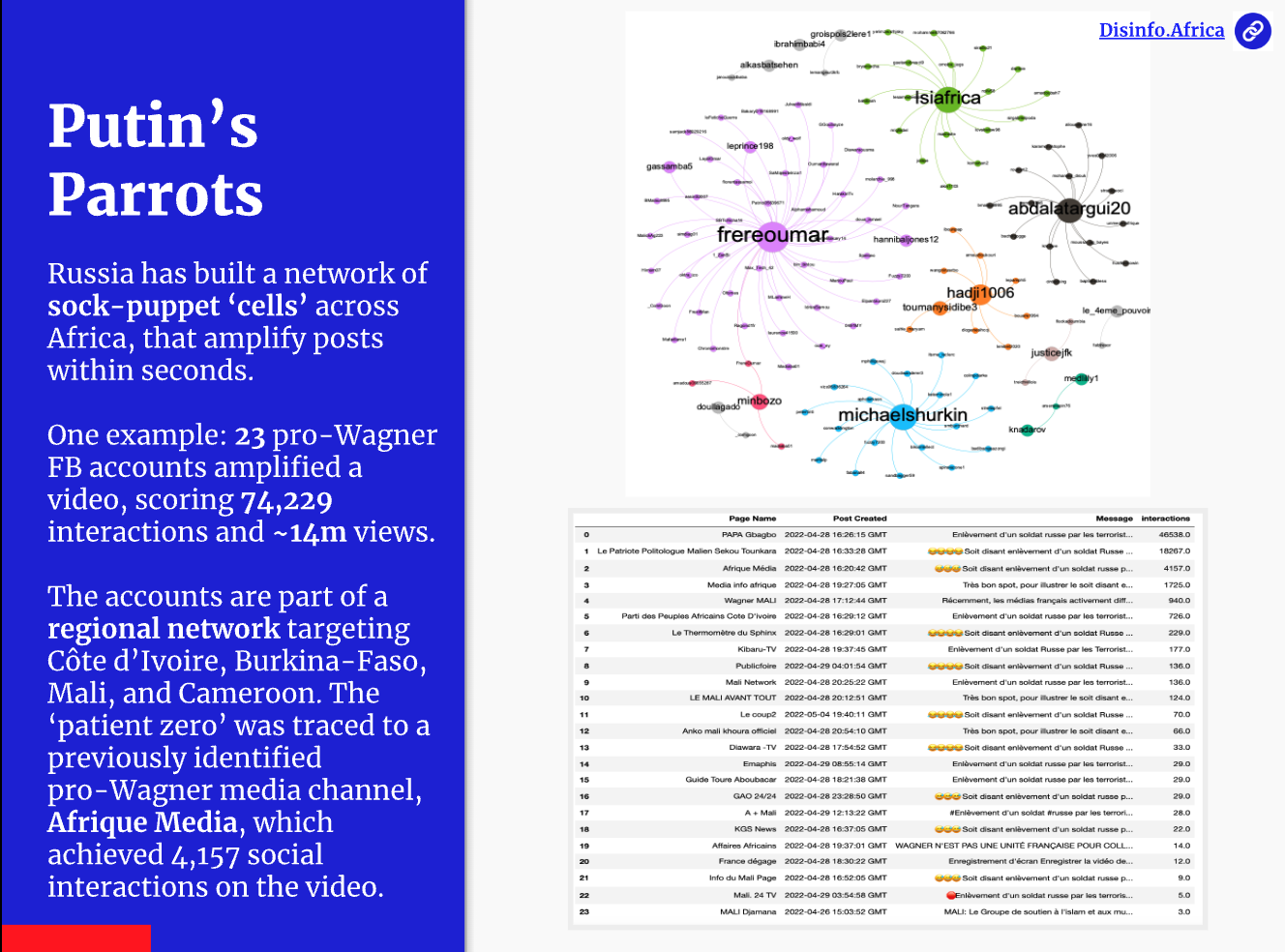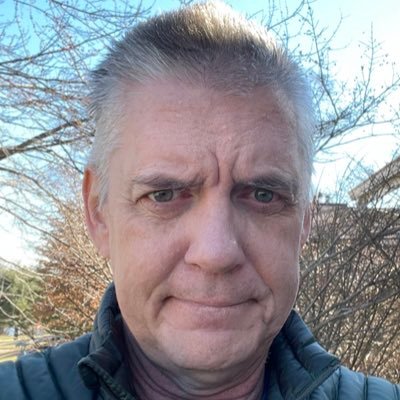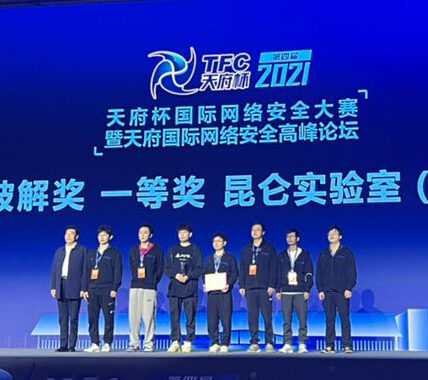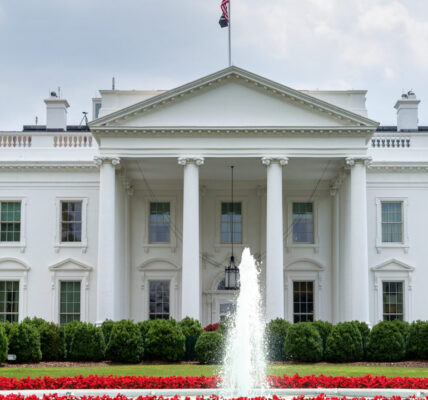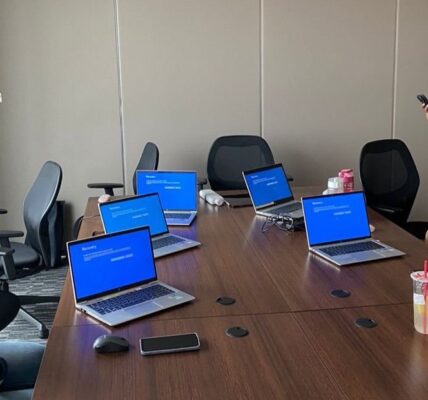When you control cultural and political narratives, you effectively control information flow and how people think. That idiom is not lost upon the authoritarian regimes of the world – China, North Korea, Russia, and Iran to name a few. Not only do they tirelessly use propaganda internally to control ‘messaging,’ increasingly, they are exporting disinformation. Africa, in particular, is being aggressively targeted by Beijing and Moscow as both superpowers seek to exploit the continent’s vast wealth of natural resources, while coercing its political leadership into backing China and Russia on the global stage.
If African nation-states and their governments are to overcome and ultimately deter these malign state- and private-actors, it is important to first acknowledge their existence and understand the adverse effects they have on political, economic, and cultural stability. To that end, on February 23rd, 2023, a forum was held in Cape Town, South Africa to highlight how and why Africa as a continent is under attack.
The one-day forum was co-sponsored by the Embassy of Spain in South Africa, C5 Capital, and Liquid Intelligent Technologies in partnership with the Atlantic Council, Constella Intelligence, and Haven Cyber Technologies. Key presenters included Code for Africa. André Pienaar, the Founder and CEO of C5 Capital,* underscored the urgency of the conference’s mission by calling for “open conversation in South Africa,” while stressing the need for a private sector and government partnership to confront ongoing and ever-increasing disinformation campaigns and cyber fraud.
To begin fleshing out this needed “conversation,” it is important to understand the means by which disinformation campaigns and cyber fraud are carried out across the digital ecosystem on the “surface, social, deep, and dark web.” Constella Intelligence has demonstrated in its research how African migration is being used by malign actors to foment political unrest in Europe, anti-Western sentiment inside of Africa and a means by which financial fraud or other illicit services are sold to unsuspecting users who cross into discussion groups across various layers of the web, be it on Facebook, WhatsApp, and Telegram.
It is, in that vein, the perfect circle of disinformation and fraud. It is also one of the tools Russia uses to subvert Africa. Russian President Vladimir Putin realized early on, as documented by Sarah Daly in her Atlantic Council report, that destabilizing the African continent was a desired viable pathway to “reasserting Russia as a global Power.” Mali is one such example. Moscow in 2019 began a series of disinformation campaigns that ultimately “toppled democratically elected president Ibrahim Boubacar Keïta in August 2020.”
The disinformation messaging in Mali was simple. Anti-French, anti-democracy, and “pro-Russian.” When coup leader Colonel Assimi Goïta and his military junta ran into trouble, Yevgeny Prigozhin’s Wagner Group was dispatched to prop them up. The resulting bloodshed has been horrific. In March 2022, over 300 civilians were massacred by FAMa and Wagner Group mercenaries.
Putin’s rewards?
Exploiting Mali’s natural resources and obtaining “geo-political support.” This modus operandi has been repeated over and over again in sub-Saharan Africa, including in the Central African Republic (CAR) where in exchange for paramilitary support, the Wagner Group cornered the country’s illegal diamond trade. Mali’s government, now highly dependent on Russia and the Wagner Group for survival, voted against last week’s United Nations General Assembly vote demanding Russia withdraw from Ukraine. The CAR abstained.
There is also an economic benefit as Code for Africa (CfA) detailed at the Cape Town conference. Putin’s disinformation campaigns, like China’s and that of other malign actors, are self-funding and more. If private military companies such as the Wagner Group are Africa’s kinetic mercenaries, “keyboard warriors” are the “digital mercenaries” of disinformation campaigns as they go about committing cyber fraud. Or, as CfA puts it, “profit[ing] from Toxic Content.”
By focusing on using “infotainment” platforms, these “non-African nation states, warmongers, and crime cabals” are actively destabilizing 16 countries among others across Africa, including Angola, Burkina Faso, Cameroon, CAR, Côte d’Ivoire, DRC, Ghana, Libya, Madagascar, Mali, Mozambique, Niger, Nigeria, South Africa, Sudan, and Zimbabwe. Russia, according to CfA, is behind campaigns in all 16 nations. Further, Russia is “franchising frontline work to African proxies and contractors,” while relying heavily on multimedia to “weaponize” content and cyber fraud.
Given cyber fraud’s immense profitability in general, it is, according to the CfA, creating cottage industries around Africa including in largely untargeted countries such as Kenya. The variety of disinformation opportunities for less than scrupulous entrepreneurs to engage on this basis are nearly endless. Ideological gaslighting on controversial issues such as the origins of Covid-19. Triggering rallies and protests. And on and on.
Fighting disinformation around the world is not without risk. One investigative journalist was murdered and many more are being actively harassed. Malign actors are even building their own “false flag” fact checking sites, using bots and artificial intelligence to fool readers into believing the sites and journalists are real.
These fake websites and social media platforms are then amplified by “Chinese-aided satellite TV” to deliver Russian and Chinese generated disinformation throughout Africa. Much of it is for free and an estimated “10,000 villages across Africa” alone are targeted by China’s StarTimes media network. Both China and Russia are also delivering their own state-controlled media directly to Africa, including CGTN, Xinhua News, and RT, while using “indigenous language” broadcasting teams.
Even cartoons, including those by the Wagner Group, are used to fool viewers on social media platforms such as Twitter into listening and digesting Russian- and Chinese-directed disinformation. Once this and other forms of disinformation are seeded, then Russian sock-pocket ‘cells’ instantly magnify that messaging across social media platforms. As an example, 23 known “pro-Wagner Group Facebook accounts” amplified a single video resulting in 74,000 interactions and over 14 million unique views across Africa.
Then, in a perfect loop, these messages are reinforced by “echo chambers” in the form of media “pundits” who confirm the disinformation on mainstream Russian and Chinese media outlets. The circle of disinformation, in effect, becomes a self-licking ice cream cone – a deadly and nefarious one at that. Russian and Chinese disinformation has even expanded into merchandising. Mali’s “E,” symbolic of anti-French “Operation Espoir Tous FAMA,” and Russia’s “Z” are readily available for sale.
The Cape Town conference was a sobering call to arms. The task ahead is immense and the challenge ever-deepening. However, the freedom of an entire continent is at grave risk, and the West needs to muster a robust response of its own that spans the entirety of Africa. If left unchecked, then not only will Moscow and Beijing continue to dominate Africa, but the continent’s citizens will be subjected to totalitarianism, continued armed brutality and murder, and economic exploitation for decades to come.
* C5 Capital is affiliated with National Security News.
Copyright 2023. Jonathan E. Sweet and Mark C. Toth. All rights reserved.
Jonathan Sweet, a retired Army colonel, served 30 years as a military intelligence officer. His background includes tours of duty with the 101st Airborne Division and the Intelligence and Security Command. He led the U.S. European Command Intelligence Engagement Division from 2012-14, working with NATO partners in the Black Sea and Baltics. Follow him on Twitter @JESweet2022.
Mark Toth is a retired economist and entrepreneur who has worked in banking, insurance, publishing, and global commerce. He is a former board member of the World Trade Center, St. Louis, and has lived in U.S. diplomatic and military communities around the world, including London, Tel Aviv, Augsburg, and Nagoya. Follow him on Twitter @MCTothSTL.

